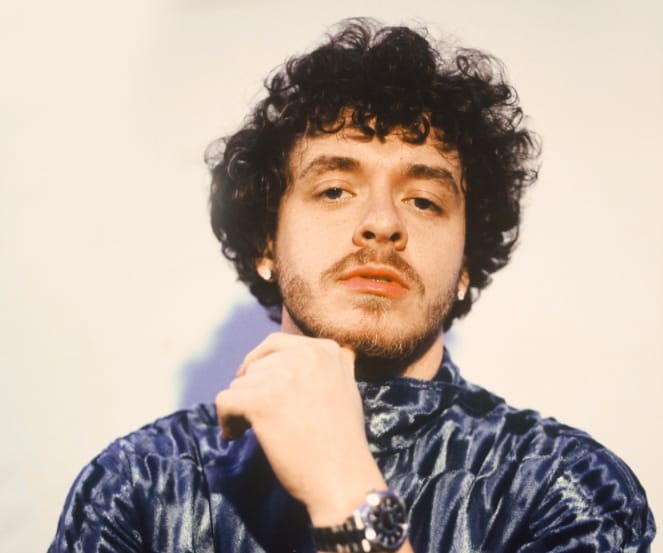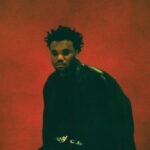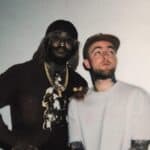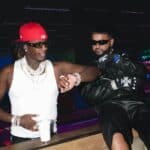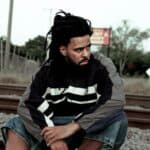Jack Harlow explains not bringing his race in his songs.
Jack Harlow recently earned his first Billboard Hot 100 with Lil Nas X’s collaboration “Industry Baby“, and the Kentucky rapper also became the latest cover star for British GQ. The “Whats Poppin” artist sat down for an interview with GQ, where he talked about various topics, including not bringing up his race in his music. Jack Harlow was about the same topic, to which he mentions differences between UK and US.
Harlow freely tackles talk about his professional path as a privileged white rapper, both in person and on his music. Grayson Perry, a white artist working in the art world, recently said that being a white artist working in the art world is like flying on a private plane – no suspicious stares, no heavy-handed examinations of one’s bags or body – but many black artists must symbolically fly in class. Harlow is well aware that he has it smoother than others.
“It’s interesting,” he explains. “Because it seems like there’s more of a counterculture mix going on here. In Britain, I see a lot more interracial dating. I see a lot more white kids hanging with black kids. It seems a lot more common over here. So the people that are into hip-hop, it’s not such a select crowd. I mean it is mainstream over there, too, but it’s like there’s still so much segregation.”
He continues, “I have serious imposter syndrome the whole way through. And then you have to bounce with it and you feel like you are totally where you are supposed to be. Moments of self-doubt combined with moments of I am who I think I am. I think what has worked for me is that my music has never been about the fact that I am white. I don’t try to lean into the, ‘Hey, I’m the white boy.’ I try not to make it a novelty. I rap from the heart, rather than trying to do a white version of the art form.”
“I grew up in an eclectic neighbourhood. It’s more white than black, sure, but it was also a melting pot of backgrounds and ideas. The high school I went to had a really big LGBTQ community, so I grew up with a world perspective, for sure. I wasn’t sheltered and I wasn’t in a bubble.”
He continued, “Everyone sees that I have a collective of guys that are mostly black, and now they’re in my videos, and they support me and stand next to me and we’re family. We’ve contributed to this together, but it’s never been something I’ve discussed. It’s almost been something that I let other people comment but I never talked about.”
Check out his full interview here.
View this post on Instagram

